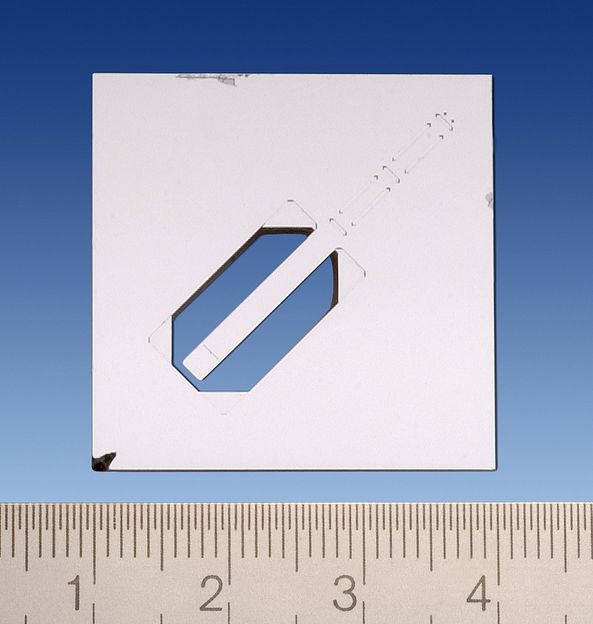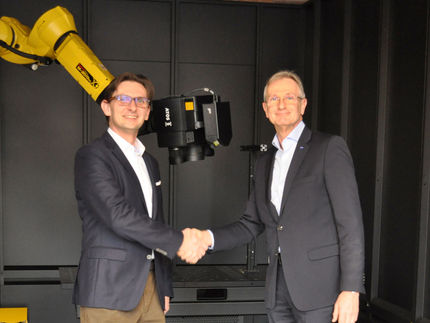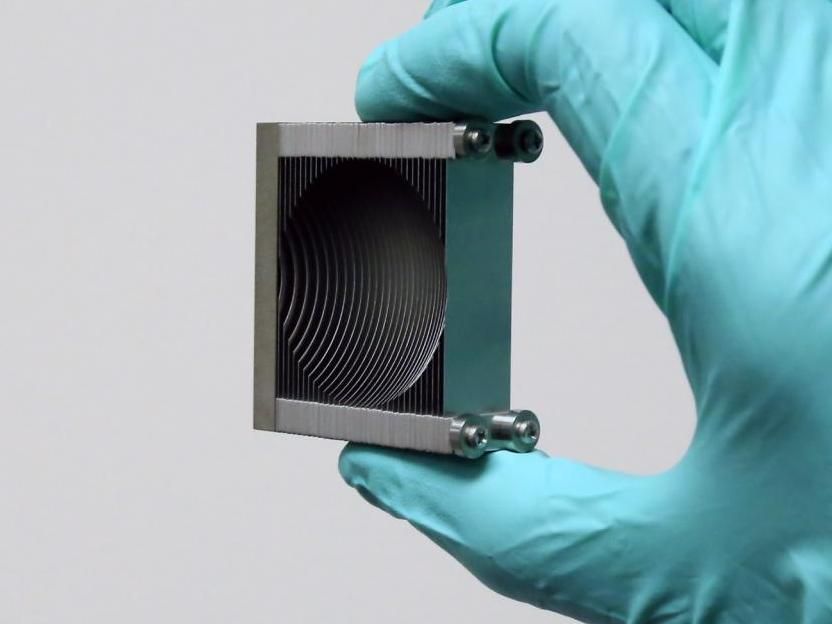Measurement of the dynamic mechanical properties of viscous materials
DIN standard for the determination of the tip radius and the probing force of stylus instruments developed
Advertisement
In microsystems metallic components are increasingly being replaced by those from low-cost polymers. For the thickness measurement of polymers, there is now the DIN standard 32567 available, which describes both, optical and tactile surface measuring methods for the precise measurement of the thickness of polymer layers. The standard describes methods by which both, the contact force and the tip radius of stylus instruments can be measured, a basic condition for non-destructive precision tactile profile measurements.
From motion sensor to smartphones - many everyday products increasingly contain parts which are made of polymer materials. The desired operation of these components depends not only on the dimensions, often also on the mechanical properties of these materials. The dimensions can be measured optically or tactilely. However, in the thickness measurement of transparent materials with optical measuring methods, but also in the stylus measurement of coatings on hard substrates systematic deviations of the measured thickness are observed. In tactile methods, the main influencing factors are the probing force and the tip radius. With viscous materials whose mechanical properties are time-dependent, also different scanning speeds affect the level of systematic deviations. PTB has therefore, in cooperation with other European national metrology institutes, developed a method for correcting these systematic errors, which has been standardized in DIN 32567. In the standard, the main influencing factors are shown for tactile and optical measurements and methods for the estimation, correction and reduction of systematic errors are described.

Reference cantilever made of silicon for determining the probing force of contact stylus instruments. From the bending of the beam at the end mark, the contact force is determined.
PTB
Original publication
Other news from the department research and development

Get the chemical industry in your inbox
By submitting this form you agree that LUMITOS AG will send you the newsletter(s) selected above by email. Your data will not be passed on to third parties. Your data will be stored and processed in accordance with our data protection regulations. LUMITOS may contact you by email for the purpose of advertising or market and opinion surveys. You can revoke your consent at any time without giving reasons to LUMITOS AG, Ernst-Augustin-Str. 2, 12489 Berlin, Germany or by e-mail at revoke@lumitos.com with effect for the future. In addition, each email contains a link to unsubscribe from the corresponding newsletter.































































